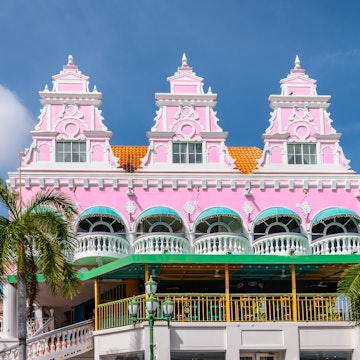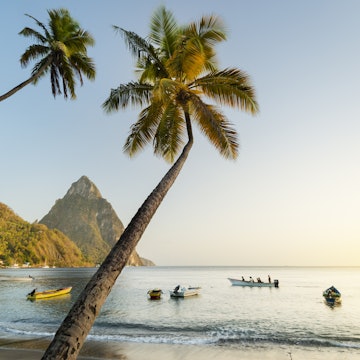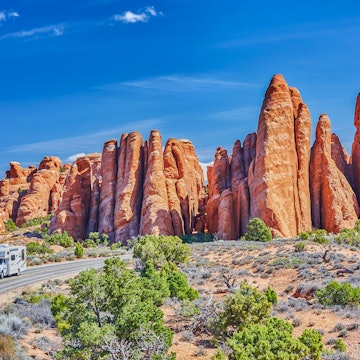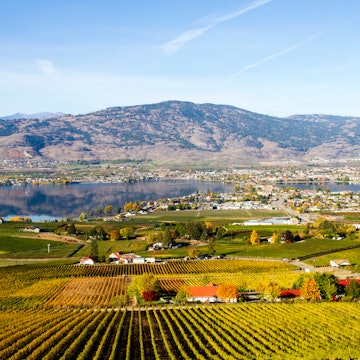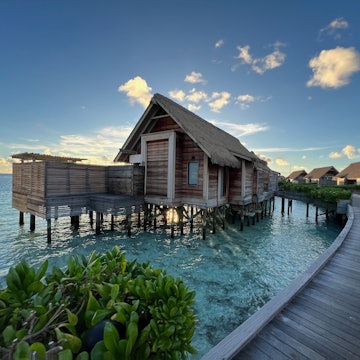

Mont Royal Park. AmandaMonteiro/Shutterstock
I grew up in Ottawa, but my dad was raised in Montréal – so we’d visit all the time when I was a kid.
And I can still feel the excitement that tingled in my body every time we went.
I found Montréal simply unforgettable – from the language locals speak (French with a distinct Québécois accent) to the roads (the drivers are super aggressive, and you can’t turn right on a red) to the overall fun-loving vibe. So when I was 17, I moved to the city to attend Concordia University and have spent much of the last 15 years there. It’s truly one of my favorite places in the world.
Can you get by using only English? (You can.) How cold does the city get? (Really, really cold – but not always.) Read on for more things to know before you set out for Montréal.
Planning for your trip to Montréal
1. Plan to spend at least three days for any visit
If you plan on visiting both Montréal and Québec City during your Québec sojourn, leave more time for the former. There’s much more to see and eat in the larger city, and some of the city's best moments involve slowing down, like hanging out on a terrasse or in a public park watching the world go by.

2. Go in early summer or fall to escape the cold
Yes, Montréal does get really, really cold. In January and February, wind-chill temperatures can drop to -40°C/F, and the city is blanketed in snow and slippery ice. Locals survive by layering up and rushing between heated cafes and other indoor venues. While – contrary to rumors – locals do not spend all winter in underground tunnels, there are some below-ground passageways that connect malls and office buildings downtown.
Montréal isn’t always frigid, though. In June, July and August, the mercury can shoot up to 30°C (86°F) – delivering summertime bliss after the long, harsh winter. September and October are great, too, as you’ll get to see tree leaves transform into majestic yellows and reds.
November and March can be rainy and gray. And between those months, there isn’t much to do but complain about how long winter is in Montréal.
3. Montréal has its own definition of east and west
Montréal streets are often marked “est” (east) or “ouest” (west), indicating where the road is in relation to Blvd St Laurent (aka The Main) – for example, Rue Sherbrooke O and Rue Sherbrooke E. Yet if you look at the map, these streets aren’t really east or west. They’re actually northeast and southwest due to the angle of the island. Don’t ask questions...and just go with the local flow.

4. Don’t spend all your time downtown
Sometimes it seems every visitor in town is packed into the Old Port and downtown. But sticking to those crowded areas denies visitors access to what makes the city so dynamic: neighborhoods like Le Plateau, Mile End and St-Henri. Be sure you leave plenty of time to wander far outside the city core.
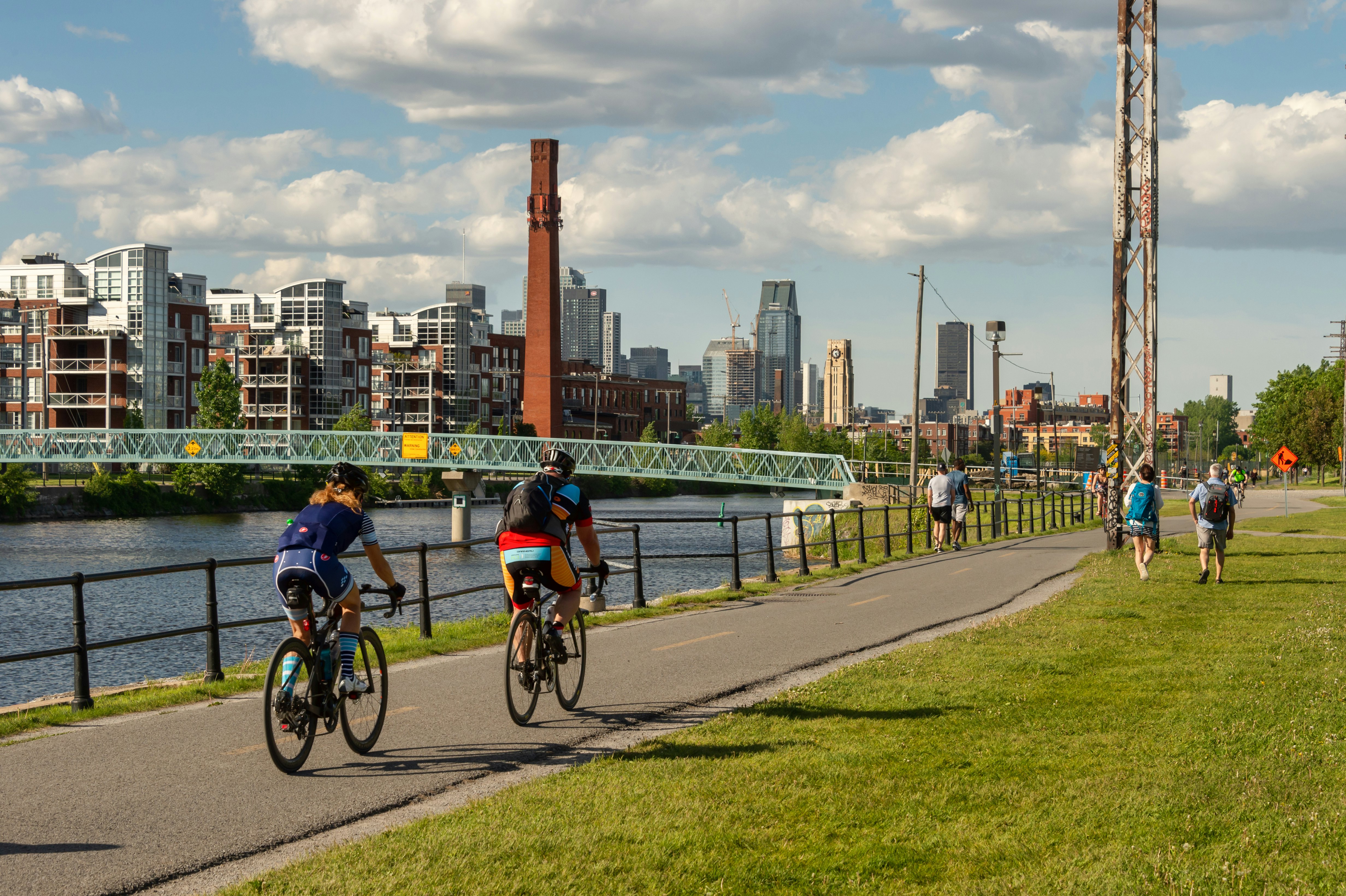
5. Ditch the car and explore by bike or Metro
I’ve driven in plenty of countries around the world, and I’d have to say driving in Montréal is one of the worst experiences I’ve had behind the wheel. Drivers will cut you off without notice, and if roads aren’t blocked by dozens of orange construction cones, they’re closed to pedestrians in summer. Plus, you practically need a PhD to understand the parking rules: be sure to check all the signs carefully and park where the arrows are not pointing. If you do choose to drive, note that you cannot turn right on a red light on the island of Montréal.
I strongly recommend ditching the car and getting around on foot or by bike. Montréal has an excellent, affordable bike-share program called Bixi, which has both regular and electric-assisted bikes available for one-way trips or with a cheap monthly pass. You can also take the Metro (subway) to get a feel for life as a Montrealer.

6. Enjoy a happy-hour picnic in the park
Are you after a quintessential Montréal experience? Buy a bottle of wine and share it with friends or family in a lovely public park like Parc La Fontaine or Parc Jarry. Take note that you can only legally drink alcohol at a picnic table and while eating a meal (ie a baguette and Brie cheese – not simply a bag of chips). Drinking without a proper picnic can incur a fine.
7. Make restaurant reservations – and prepare to queue up
One thing that surprised me when I started living in Montréal: the lineups that always appeared outside restaurants, regardless of the weather and especially at food institutions like Schwartz’s Deli (smoked meat) and La Banquise (poutine). Leave time to wait in line for establishments that don’t take reservations, and book ahead at those that do. Some restaurants, like Joe Beef, require reservations months in advance.
Etiquette in Montréal
1. You aren’t required to speak French (but it’s appreciated)
French is Montréal’s official language. But since this is a major international city in a bilingual country, you can get by in English as a visitor without a problem. That said, it’s friendly to sprinkle in a bonjour or a merci where you can, or to practice any other French vocabulary you may have. Don’t be surprised, however, if Montrealers switch to English. They’re not being mean; they’re just trying to make your life easier.

2. You need to tip. Really
Unless the service was truly bad, you should tip at least 15% of your total bill after tax. Servers are paid less than the minimum wage because tips are expected, so they rely on your generosity to make a living. Is it a screwed-up system? Absolutely. But it’s the way it is, and your personal tip boycott won’t fix anything.
3. The drinking age is 18; for cannabis, 21
Québec has the lowest drinking age in Canada (tied with Manitoba and Alberta): 18 years old. You may be asked to show your ID (a driver’s license is fine) to prove your age when buying alcohol at the dépanneur – aka “the dep,” a convenience store that sells snacks, beer and cheap wine. The same applies at the SAQ (government-run liquor-and-wine store).
Cannabis is legal in Montréal for those over age 21 and can only be purchased at an SQDC government store. Smoking weed in any public spaces, including parks and on the street, is illegal.

4. Cheering on the Habs is a really big deal
Montrealers go crazy for their local National Hockey League team, the Montréal Canadiens – known universally here as the Habs – and during any game, the atmosphere at Centre Bell and at sports bars across the city is electric. If you’re cheering for the Habs’ opponents, prepare for lighthearted bickering and plenty of taunts – especially if your team is the rival Boston Bruins or Toronto Maple Leafs. In fact, if you’re a Bruins or Leafs fan, maybe you should just stay home. (Joking...sort of.)
Safety in Montréal
1. Montréal is safe, but health care isn’t free for visitors
Montréal is safe to walk around, but it’s always a good idea to walk in pairs at night, no matter where you are.
If for any reason you need to go to the hospital, make sure you have travel insurance – health care in Québec is only free for RAMQ card holders, and prices will be extremely high if you need to pay out of pocket.








